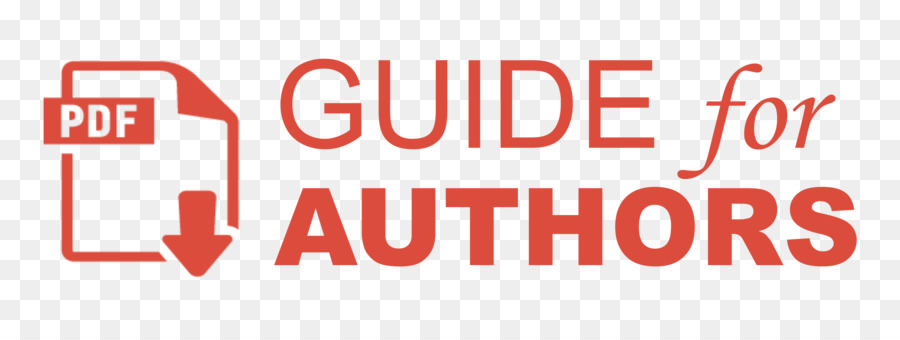ANALISIS STRATEGI DIFERENSIASI PRODUK TERHADAP KEPUASAN KONSUMEN
(1) STIE Palangka Raya
(*) Corresponding Author
Sari
This research aims to know the differential strategy consisting of product function-based differential strategy, form of product-based differential strategy and subjective attribute-baseddifferential strategy that can give effects on the customer satisfaction by using a product.
Population in this research was all customers of Samsung mobile phone. Sample determination was by accidental sampling while determination on number of sample used a formula by Suprantoand it was obtained number of sample by 100 people. Variables in this research consist of product function-based differential strategy, form of product-based differential strategy and subjective attribute-based differential strategy as independent variables and customer satisfaction as the dependent variable.Data collection method used questionnaire. Data analysis used multiple regression analysis.
Results of the research show that the Nokia product function-based differential strategy has been good (75,90%), the form of product-based differential strategy has been good (73,47%), attribute subjective-based differential strategy has been good (75,90%) and the customer satisfaction has be in satisfied category (74,65%).Results of the analysis were obtained the regression equation by:Yˆ=8,804+0,370X1 +0,424X2+0,172X3. Meaningful test of regression coefficient with t test was obtained tcountfor variable of product function-based differential strategy by 4,422 with significance by 0,000,tcountfor variable of form of product-based differential strategy by 4,926with significance by 0,000,and tcount for variable of subjective attribute-based differential strategy by 2,122with significance by 0,036.Because the significance values of the three variable were less than 0,05so that it can be concluded that the product function-based differential strategy, form of product-based differential strategy and subjective attribute-based differential strategy influence partially on the customer satisfaction. This, it can be concluded that simultaneously, the product function-based differential strategy, form of product-based differential strategy and subjective attribute-based differential strategy partially influence on the customer satisfaction namely by 66,5%.
Keywords: product differentiation, customer satisfaction
Teks Lengkap:
PDFReferensi
DAFTAR PUSTAKA
Algifari, 2007, Statistika Induktif, Cetakan Pertama, Yogyakarta: UPP AMP YKPN
Engel, dkk, 2005, Perilaku Konsumen, jilid II, Edisi 6, Jakarta: Binarupa Aksara
Ferdinand, Augusty TAE, 2000, Manajemen Pemasaran: Sebuah Pendekatan Strategik, Semarang: UNDIP
Hitt, Michael A, R Duane Ireland, Robert E Hoskisson, 2001, Manajemen Strategis: Daya Saing dan Globalisasi, jilid I, Jakarta: Salemba Empat
Kotler, Phillip, 2007, Manajemen Pemasaran: Analisis, Perencanaan, Implementasi dan kontrol, Jakarta: Erlangga
Kotler, Phillip, 2001, Manajemen Pemasaran di Indonesia: Analisis, Perencanaan, Implementasi dan Pengendalian, Edisi II, Jakarta: Salemba Empat
Kotler, Phillip, 2002, Manajemen Pemasaran, jilid I, Edisi 10, Jakarta: Indeks
Maylina, Wenny, 2003, Faktor-faktor yang mempengaruhi kesetiaan merk pada konsumen pasta gigi Pepsodent di Surabaya, Jurnal Ekonomi Bisnis dan Akuntansi : Ventura, vol.6 No.1, pp.102
Peter dan Olson, 1999, Perilaku Konsumen dan Strategi Pemasaran, jilid II, Edisi 4, Jakarta: Erlangga
Porter, Michael, 2003, Keunggulan Bersaing, Jakarta: Erlangga
Suprato, J, 2004, Statistik, Jakarta: LP3ES
Swa, 2006, Indonesian Customer Loyalty Index, Jakarta: Yayasan Sembada Swakarsa
Tjiptono, Fandy, 1996, Manajemen Jasa, Edisi I, Yogyakarta: Andi Offset Tjptono, Fandy, 2005, Pemasaran Jasa, Malang: Bayumedia Publisshing
Walker,Boy D, Larreche, 2000, Manajemen Pemasaran: Suatu Pendekatan Strategis dan Orientasi Global, jilid I, Edisi 2, Jakarta: Erlangga
Wikaningtyas, Suci, 2008, Menciptakan kepuasan pelanggan dalam organisasi jasa, Jurnal Manajemen dan Akuntansi : Kajian Bisnis, No.15
DOI: http://dx.doi.org/10.31602/alsh.v3i1.817
Refbacks
- Saat ini tidak ada refbacks.
Al-Ulum : Jurnal Ilmu Sosial dan Humaniora by https://ojs.uniska-bjm.ac.id/index.php/ALSH is licensed under is licensed under a Creative Commons Attribution-ShareAlike 4.0 International License.












